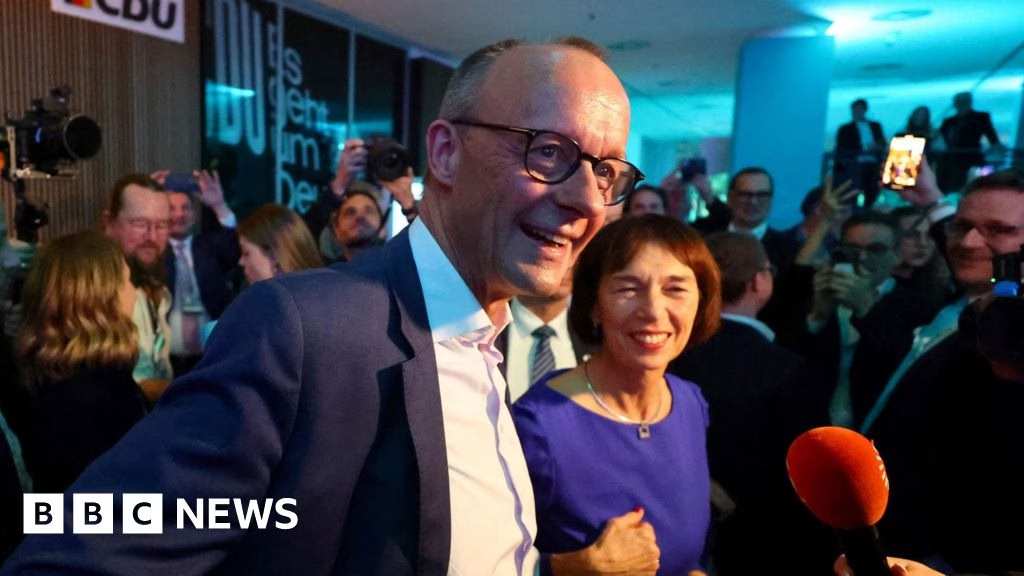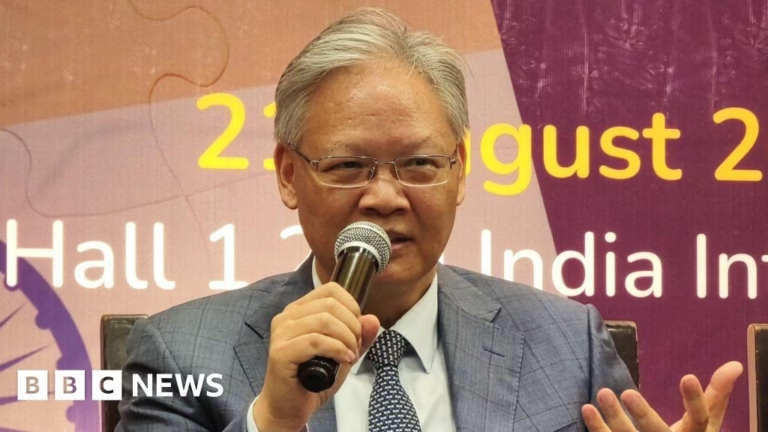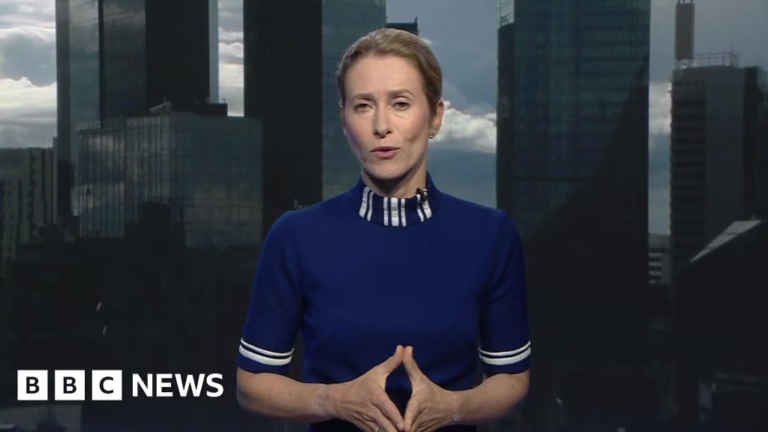Germany stands at a pivotal moment as Friedrich Merz embarks on his challenging journey post-election. This pivotal event was never merely about a nation’s quest to rejuvenate its economic vigor or re-evaluate its policy on asylum – although these issues are of extreme significance. It is also about Germany’s ambition to emerge as a confident world power, a role many of its allies envision for it. However, within Germany, the priorities often diverge from this global perspective, and Merz must now navigate these demands alongside the inevitable compromises of coalition politics.
Merz’s pledge to represent all citizens comes against the backdrop of pronounced and stark divisions within Germany. These divisions, highlighted by this election, reveal an east-west split that persists decades after reunification. The voting patterns suggest that the Alternative for Germany (AfD) is consolidating its dominance in the former communist east, while the Christian Democratic Union (CDU) retains its supremacy in much of Germany’s south and west.
A notable aspect of this campaign is the significant attention garnered by the AfD, a party that has consistently been kept at arm’s length from government due to its far-right ideology. This isolation, known as the “firewall,” is a response to the party’s alignment with right-wing extremism, as evidenced by the actions of figures like Bjorn Hocke, who has been sanctioned for employing a banned Nazi-era slogan.
The campaign has also witnessed controversial episodes, such as an AfD councillor advising individuals of color to return to their “Heimat,” or homeland, if they were not content with their surroundings. Despite such controversies, the AfD has achieved its best-ever result, signifying a robust showing for a far-right party in post-war Germany. The party’s strategic use of social media, coupled with endorsements from influential figures like tech billionaire Elon Musk, has amplified its reach and impact.
Looking ahead, many view the year 2025 as a critical juncture for Germany. This moment could either mark the zenith of the far-right’s influence or represent a crucial stepping stone on its path to power. The outcome largely hinges on the ability of Germany’s centrist politicians to address the concerns of voters and present a united front. Should they fail, the AfD will be well-positioned to launch political attacks as the primary opposition party.
Alice Weidel, the AfD’s leader, is already setting her sights on the next electoral contest, demonstrating her commitment to making the AfD a more acceptable political force. Meanwhile, Olaf Scholz, the outgoing Chancellor, faces scrutiny over his management of a precarious three-way coalition amidst global crises, including Russia’s invasion of Ukraine. Scholz’s legacy may ultimately be defined by his “Zeitenwende” address, a promise yet to be fully realized, which could portend further challenges for Germany’s centrist parties.
Source: https://www.bbc.com/news/articles/c5yxd59p578o







